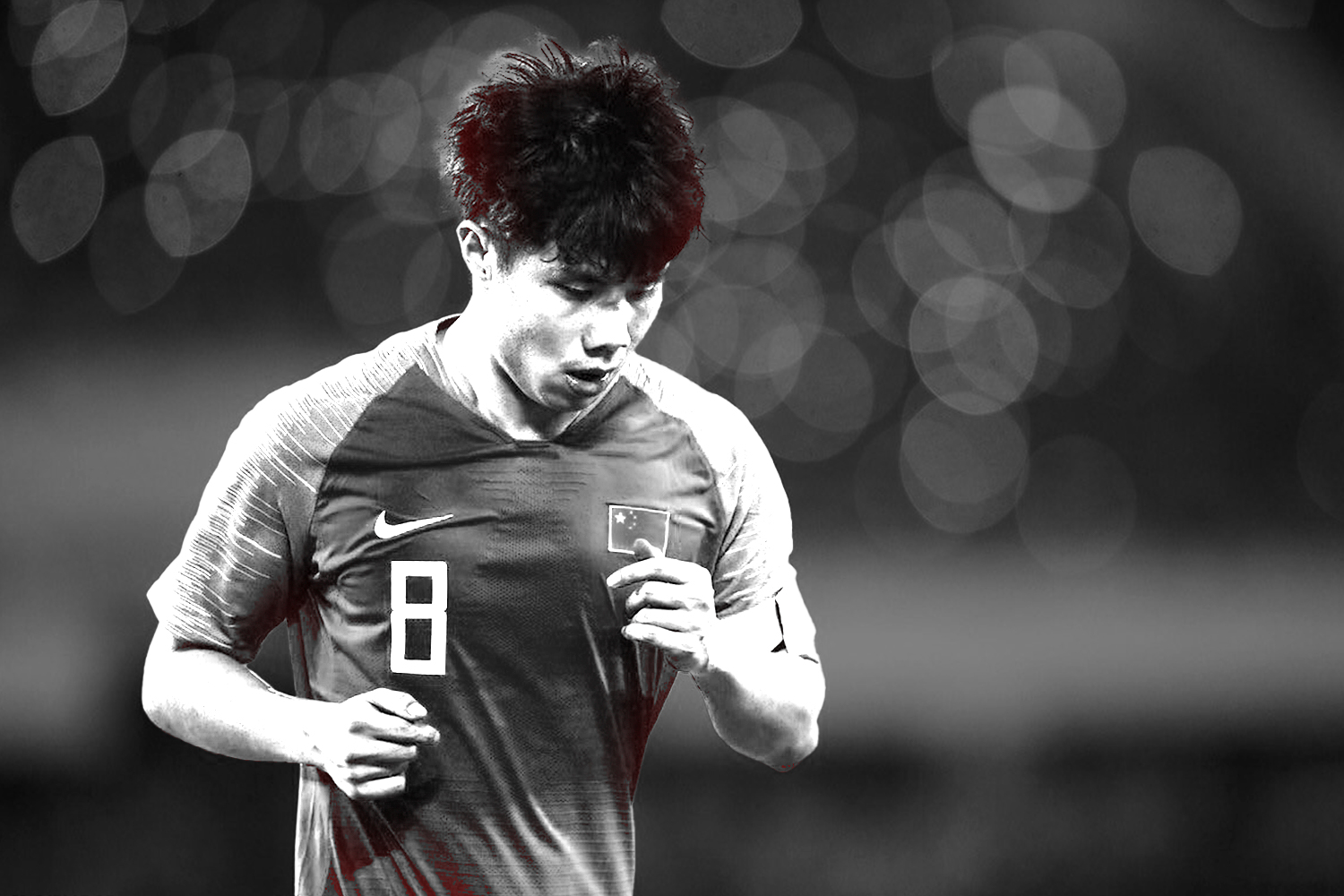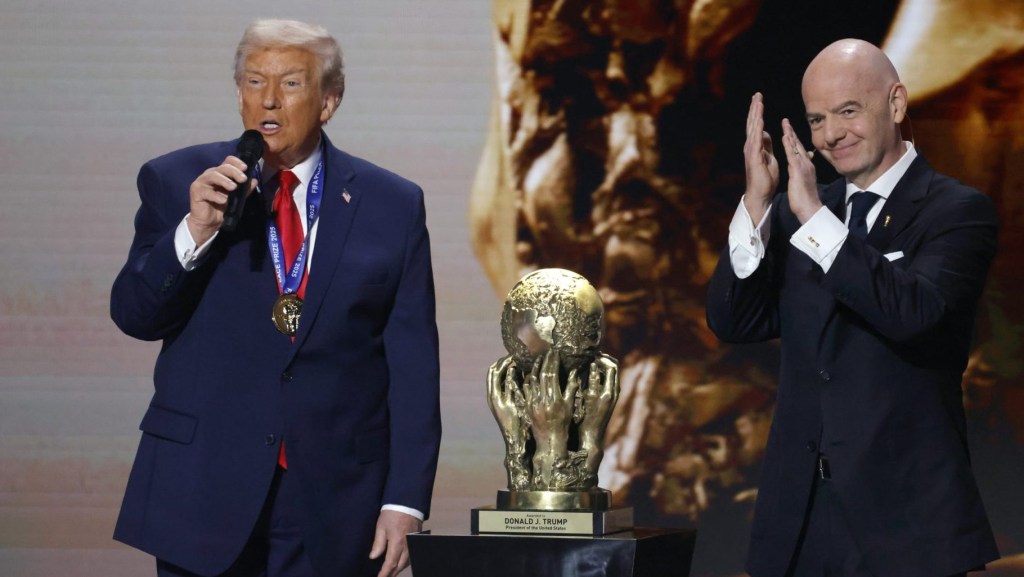What started with a policy paper could end up creating a global soccer powerhouse.
The government agency that oversees sports in China drew up a plan that would place two teams each in 16-18 cities across the country, with a goal of establishing China as a top soccer nation by 2030.
- Each participating city would invest at least $4.7 million annually in soccer development.
- The Chinese government would contribute between $782,000 and $1.47 million per year to each city’s soccer program.
- Cities would be tasked with developing facilities, boosting local soccer associations, managing the equity structure of pro clubs, and growing a soccer culture.
The move is the next step in China’s long-term pivot from European soccer and toward investing in its own athletics.
From 2015 to 2018, with the encouragement of President Xi Jinping, Chinese investors took majority stakes in at least 14 European soccer clubs and minority stakes in a handful of other teams, including Manchester City and Lyon.
Now, that money is leaving just as quickly. In May, Oak Tree Capital Group bought the 31% stake in Inter Milan owned by Hong Kong-based LionRock Capital in a $336 million deal. There is chatter that Chinese holding company Suning will eventually sell its majority stake.
There are currently fewer than 10 European teams with Chinese investors — in 2017 there were more than 20.
The world’s most populous country has its work cut out for it if it wants to be a force in soccer. In the last 10 FIFA World Cups, China qualified for the group stage only once, in 2002.







![[Subscription Customers Only] Jun 15, 2025; Seattle, Washington, USA; Botafogo owner John Textor inside the stadium before the match during a group stage match of the 2025 FIFA Club World Cup at Lumen Field.](https://frontofficesports.com/wp-content/uploads/2026/02/USATSI_26465842_168416386_lowres-scaled.jpg?quality=100&w=1024)
![[Subscription Customers Only] Jul 13, 2025; East Rutherford, New Jersey, USA; Chelsea FC midfielder Cole Palmer (10) celebrates winning the final of the 2025 FIFA Club World Cup at MetLife Stadium](https://frontofficesports.com/wp-content/uploads/2026/02/USATSI_26636703-scaled-e1770932227605.jpg?quality=100&w=1024)








